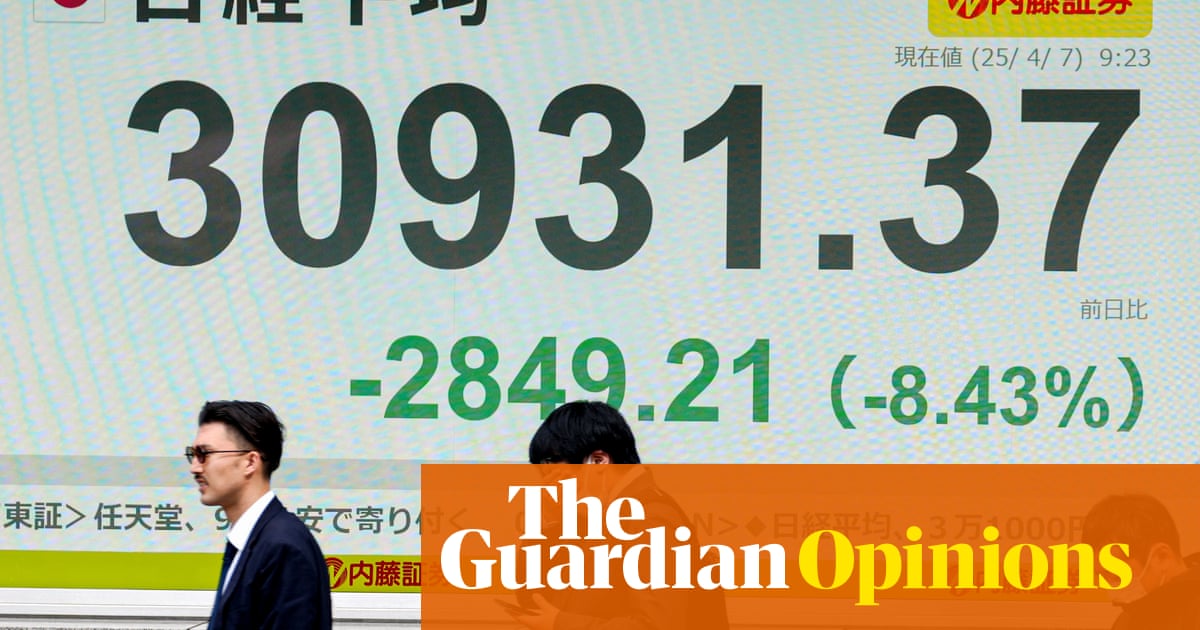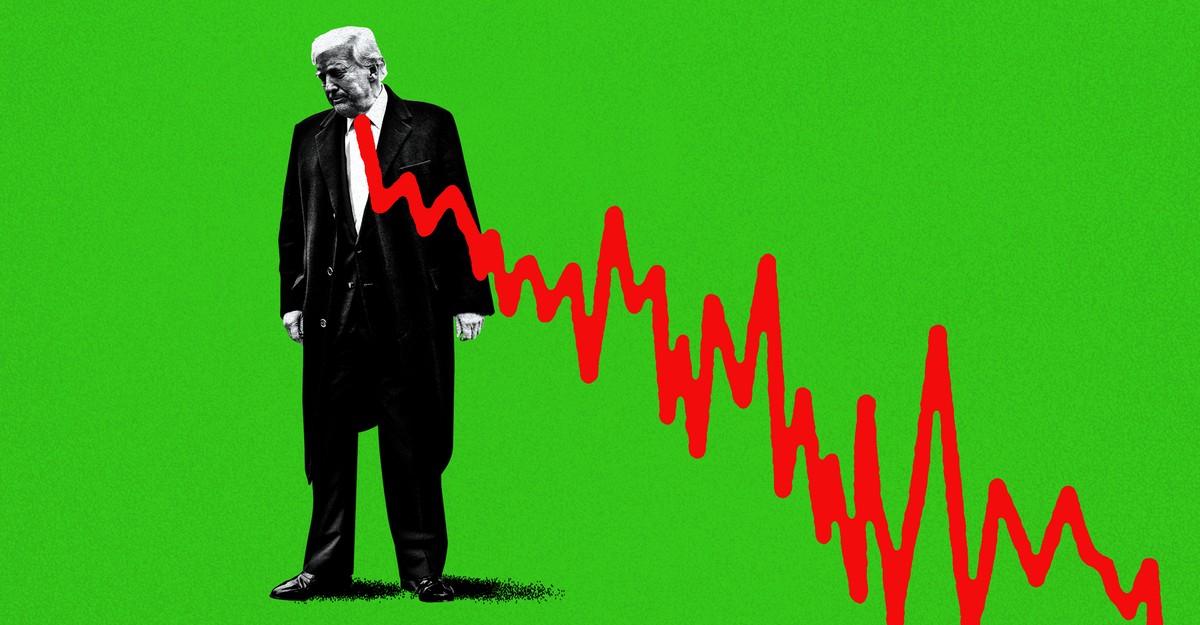

Great stuff. I’ll construct my reply in the form of some questions.
You can’t debate or discuss anything effectively if your approach is to ignore 90% of what the other person says and then reply to something you made up in your head. In fact in your replies to me I’m starting to see a pattern that also explains how you got the intent of the original article so wrong. Reading comprehension is more than just understanding the words, it’s about disentangling your own perception of reality from that of the writer and correctly assessing how their worldview differs from yours, so that you can actually begin to understand their intent, and not just the intent that you read into the words in absentia.
How many times did I attempt to restate back to you what I understood your argument to be (“I get what you’re saying”)? Was my summary of your argument pretty much in agreement with what you were trying to say?
To me, it sounds like we’re saying the same thing with different terminology, as you said. And, I’m acknowledging that it’s an issue of terminology and definitions, and then proceeding from there to address the underlying issue as well. Right? And you’re yelling at me that I’m speaking in bad faith just because I like to use more accurate definitions, and call out someone who is using the formerly-mainstream wait wait I’m getting ahead of myself.
You are the one redefining terms. That’s not actually a bad thing; we do need a mass-scale redefinition of how we define economic success. But you can’t tear-ass away from the mainstream currents of a particular field of study, and then act like everyone else is the weirdo because they’re not speaking the very specific language that you just made up.
How has mainstream economic thought changed since the 1980s? Is it still considered an “economic boom” when inflation is low and unemployment is high? In mainstream economic thought?
Did I address how these terms being defined in the specific way that they are can lead to harmful outcomes, and explicitly why I didn’t use the (formerly-mainstream) definitions for them? Where and how?
(As a hint to help you with answering this question, imagine that someone’s going on Lemmy and describing pro-Palestinian protestors as “pro-Hamas” and describing what Israel is doing in Gaza as “counterterrorism.” Would you proceed to use that mainstream terminology, and then get upset if someone wanted to use some different terminology because it wasn’t mainstream?)
Oh, also, since you’re saying that Reagan produced an economic boom by the traditional metric of unemployment, what was the average unemployment level during the 1980s? How does it compare with the unemployment level coming out of Covid that was considered an economic apocalypse at the time? Higher or lower?






















Great stuff. You have it backwards. I read what you wrote, asked some questions to clarify and explicitly acknowledged some of the things you lectured me about (the main issue being a difference of definitions, and then going beyond that to address the substance as well, since I also think you and The Guardian are wrong on the substance whatever definitions you choose to use). We have some differences in terms of the way we see it, which generally is fine, but your message managed to miss literally about 90% of what I said.
But sure, if you just wanted to drop a lecture-bomb and flee, mission accomplished. Have a good day.